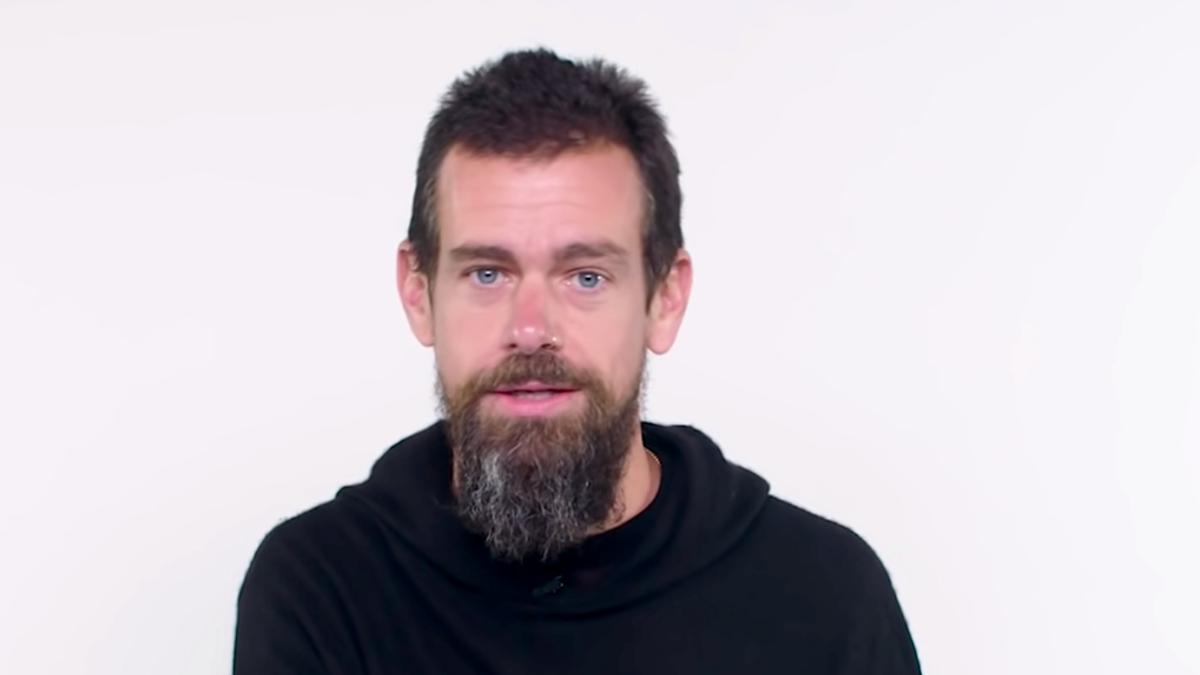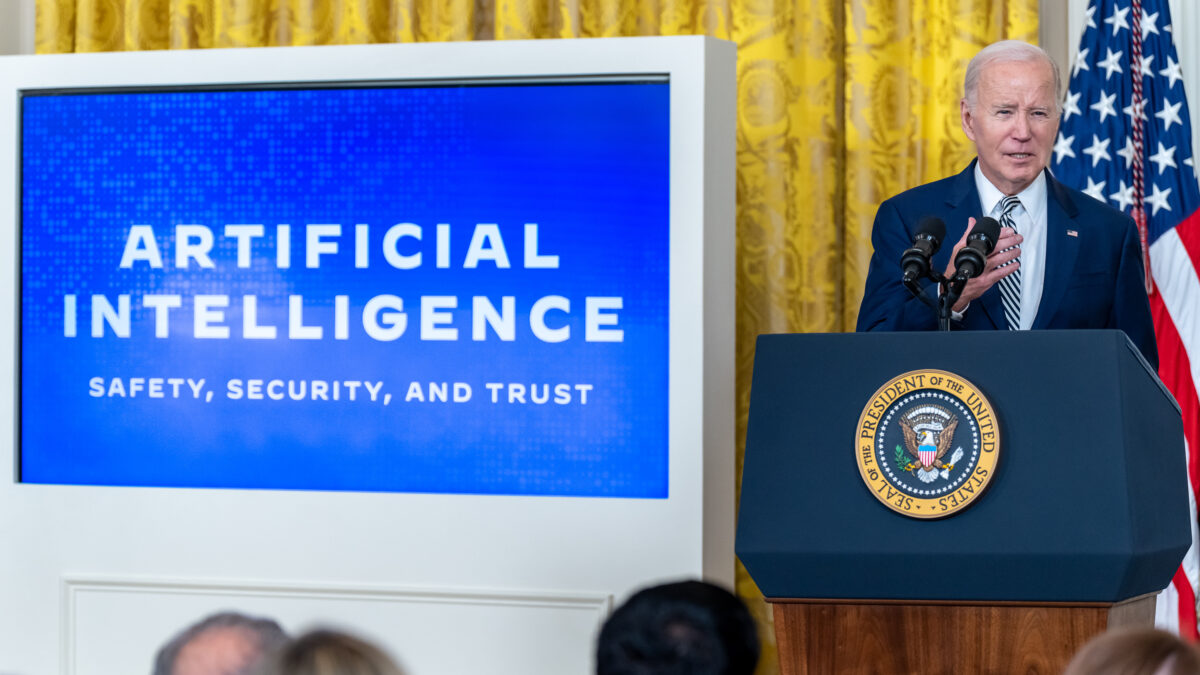President Donald Trump was permanently suspended from Twitter one year ago this day. In the ensuing turmoil, it’s easy to forget why. Ask near-any self-declared politico around Washington, D.C., and you’ll hear an unsure and uncertain allusion to the Capitol riot.
It’s important to understand their reasons, however, to understand what’s in store for the rest of our country.
Fortunately, we don’t need to wonder; Twitter was open and upfront on the issue — at least as much as they ever are: The sitting president of the United States, they declared, had sent two terrible and unpardonable tweets.
First, he’d written that the political movement he’d started would continue into the future, and wouldn’t be disrespected:
The 75,000,000 great American Patriots who voted for me, AMERICA FIRST, and MAKE AMERICA GREAT AGAIN, will have a GIANT VOICE long into the future. They will not be disrespected or treated unfairly in any way, shape or form!!!
Second, he said he wouldn’t be attending President-elect Joe Biden’s inauguration in two weeks’ time. “To all of those who have asked,” he wrote, “I will not be going to the Inauguration on January 20th.”
These violated their “Glorification of Violence” policy, Twitter claimed, and so the president was “immediately permanently suspended from the service.”
It’s a private company, Twitter’s defenders insist, so it doesn’t need remotely passable reasons to ban the president from messaging his 90 million followers. “If you don’t like it, build your own,” sort of thing.
But that was as much a lie as the justification for banning the president, and the next night, Parler — an alternative to Twitter that had rocketed to the most-downloaded app on the planet literally overnight — was nearly destroyed by a combined attack from Apple, Google, and Amazon Web Services.
Parler had been used to organize the riot, Big Tech claimed. This turned out to be another lie, but it didn’t matter. The week’s riot had given them all the rope they needed for hangings, with corporate media — those bold lovers of the First Amendment — jeering and cheering them on their way.
The Capitol riot was used as an excuse for deplatforming an American president and smashing a private company, but it wasn’t the reason: The illiberal left has long used any pretense at all to justify its centralization of control and crushing of dissent; and Big Tech, once a free-wheeling vehicle for decentralized innovation, is now no more than an arm of the illiberal left.
During the 2020 election, Big Tech worked hand in glove with Democrats and corporate media to suppress the true story of Hunter Biden’s corruption and defend their candidate under completely unproven pretenses.
In 2021, they went after conservative leaders on their platforms and cut the foundations out from a competitor’s platform.
Barring dissenting voices from social media wasn’t enough, however. Democratic politicians had fled Texas for weeks in an attempt to stop their colleagues from curtailing their states’ abortion regime, but once the left was defeated, Big Tech deplatformed Texan Christians on their own website. Corporate media cheered.
Public health is the excuse used to silence doctors, scientists, and parents challenging the administration’s COVID orthodoxy. “Graphic content” is used as the excuse to silence artists highlighting the Taliban’s brutal rule in the wake of the administration’s retreat from Afghanistan.
Every week, the left grows bolder in their censorship-and-control campaign: On Jan. 6, Washington Gov. Jay Inslee introduced legislation to, “outlaw attempts by candidates and elected officials to spread lies about free and fair elections when it has the likelihood to spread violence.”
What constitutes a lie — and what constitutes violence — well, that’s up to Jay and the boys.
There was a day when America’s Democratic leaders claimed to stand for freedom, individuality, and speech. That day is long gone, as is the day Silicon Valley stood for an open and interconnected planet.
Today, these forces stand for centralization. They want to control our opinions, decide who speaks and who doesn’t, decide who can do business and who can’t, and decide who’s in power in Washington. The sooner we understand this, the better.
On Jan. 7 and 8 last year, they went too far, and now an alternative economy is afoot. It’s incredibly rare to see a dominant industry turn so wildly on half its customers, and entrepreneurs of all stripes have seized the opportunity it affords.
Big Tech hates us, and they aren’t going to stop. We, however, can stop working with them. We know who they are; it’s time they learn what we’re about.









